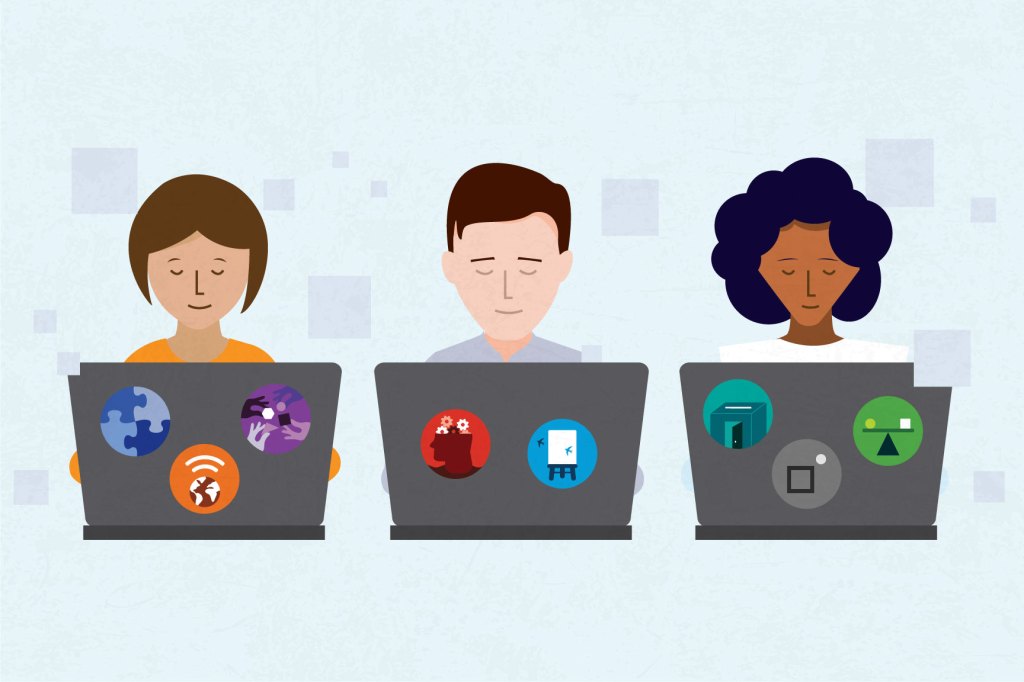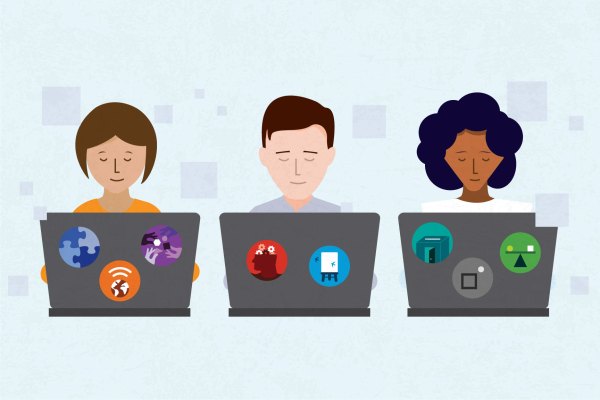
Learn more about the tech fellows program here and the growing field of Public Interest Tech.
What does being a technologist mean to you? How did you become one?
When technology emerged in the social justice space 15 years ago, I was working as a social worker and therapist in juvenile detention facilities and church pantries serving immigrants and other vulnerable populations. I was eager to explore how tech could support the grassroots work I was already doing. To me, a technologist approaches the promises and excitement of technology with a healthy dose of skepticism, by examining policy-making processes, by applying tech skills to a social problem, or in a whole host of other ways.
In your own words and understanding: what is a tech fellow?
At Ford, a tech fellow is someone who has one foot firmly planted in current issue-specific topics that the foundation works on, and the other foot in the future or new issues emerging out of our increasingly digital lives. And whenever possible, we try to explore the intersections of the two.
Technology is essentially neutral, but it can be used for good or evil purposes—or something in between. Give us an example that’s especially resonant for you.
Technology is often developed and implemented so that key stakeholders are not fully informed of its potential risks and implications. The use of predictive pretrial risk assessments in criminal justice is a good example. These risk assessments have the potential to reduce the existing racial and gender biases in sentencing across the US. However, while they are being used across jurisdictions, they are not being fully tested and validated, so we don’t know if this is the case. Technology must be rigorously examined and tested by independent parties to ensure that it is accomplishing what we want it to—in this case reducing racial and gender disparities in sentencing.
What are you most excited about in the world of tech innovation today? What about in the area of social justice you’re specifically focused on—or at the intersection of the two?
I’m most excited about the next generation of social justice advocates. They have been using tablets and smartphones for most of their lives, so they are genuinely surprised by how much technology is shaping our world and are eager to deal with these issues. Consider the increasing use of big data and predictive analytics in education: Student activists are demanding greater transparency when it comes to how their schools are using the data that is collected about them to shape individualized educational plans that may depart from what they want to achieve themselves. They are questioning how the growing data collection practices of most institutions directly impact their lives.
What do you really want people working to advance social justice to know about tech?
The next major social justice challenges are emerging now, from the rise of automation in the future of work, to the beginning of an era of mass surveillance. While these seem intimidating, there is a lot we can do to slow—and even end—some of the problematic technology trends. I urge all of us to pay close attention to these trends, and to be flexible when incorporating unusual, or less traditional, allies into social justice spaces.
What’s your favorite example of tech in pop culture, and why?
Black Mirror so brilliantly (and often exaggeratedly) portrays many issues about social media and the Internet that we are aware of but don’t often discuss. One of the first episodes focused on the filter bubbles and hive mentality created by social media—something we see every day and need to understand more deeply.

